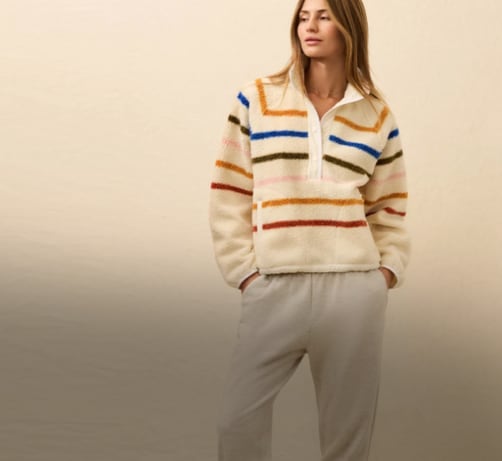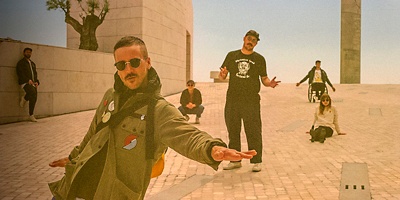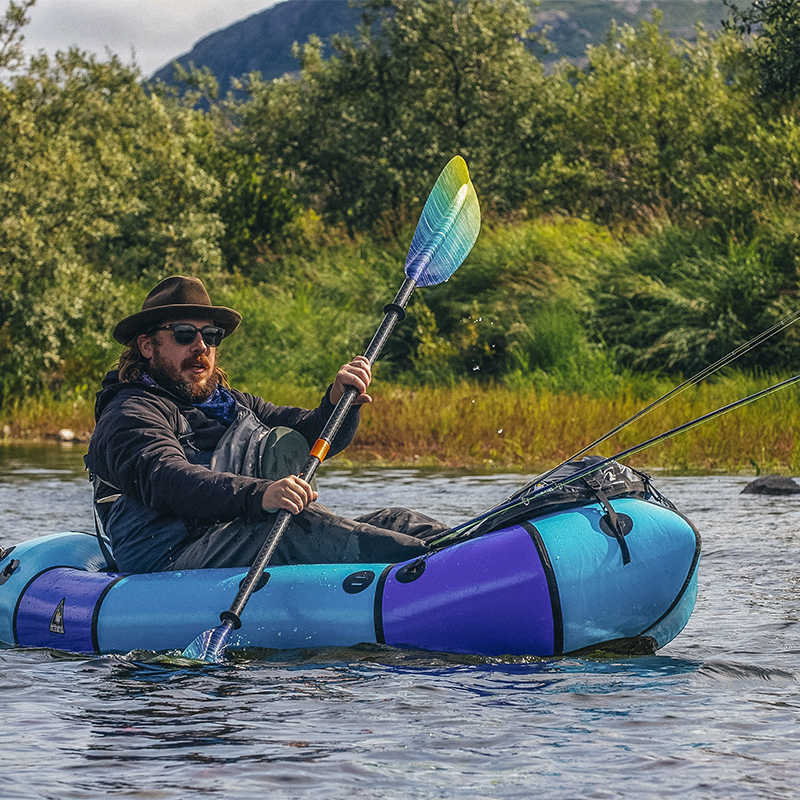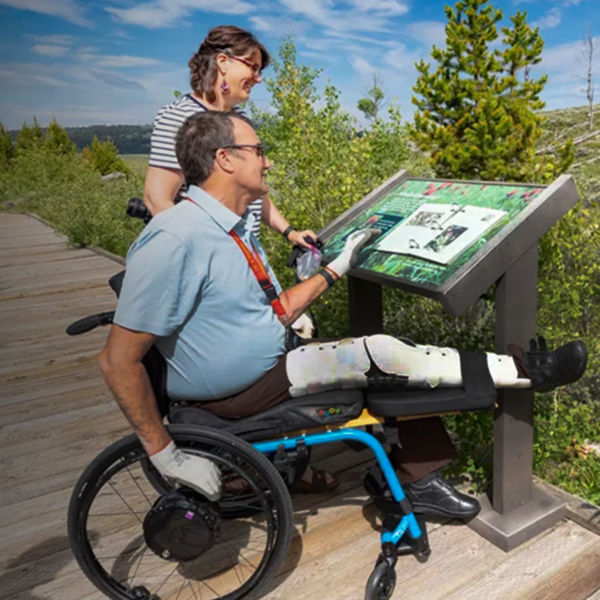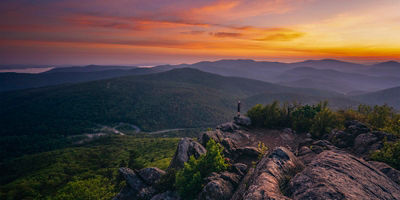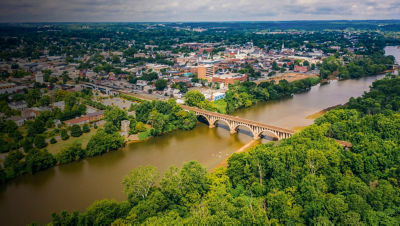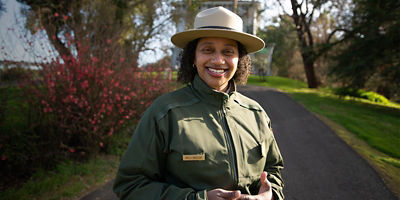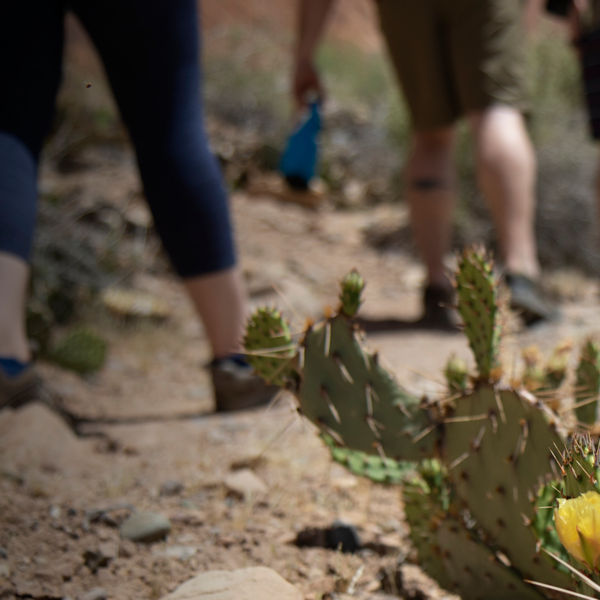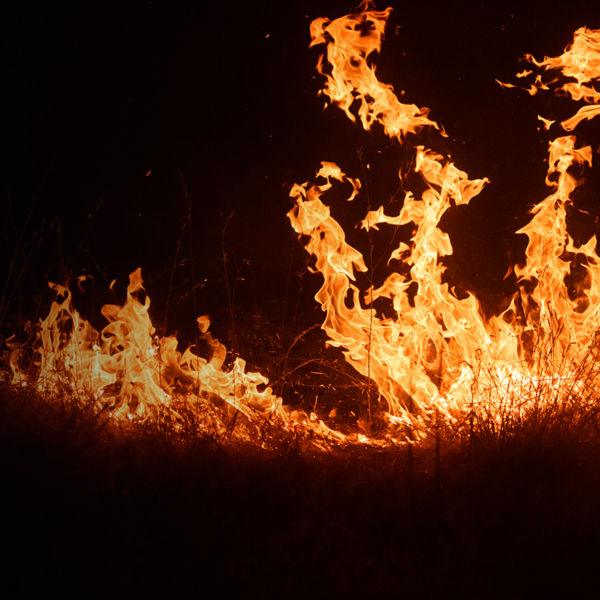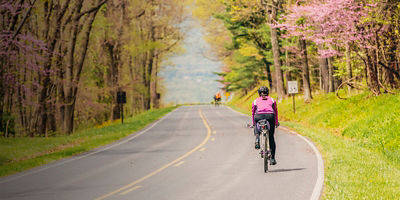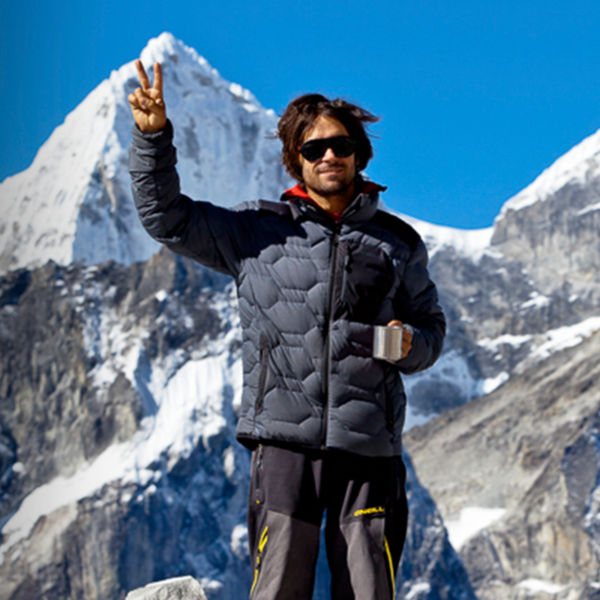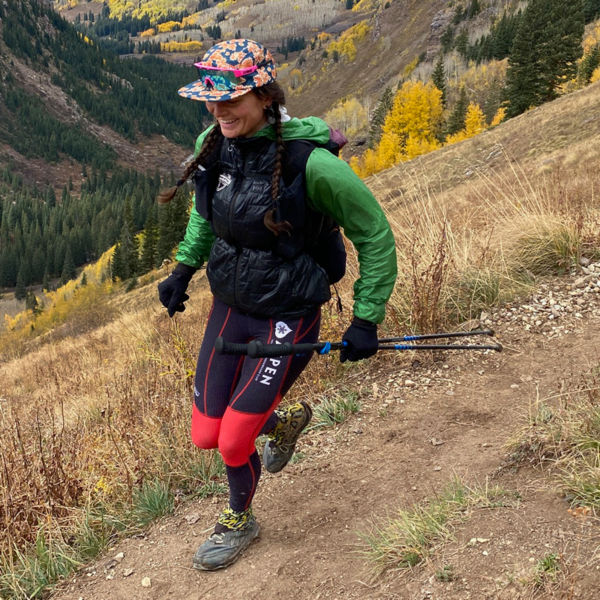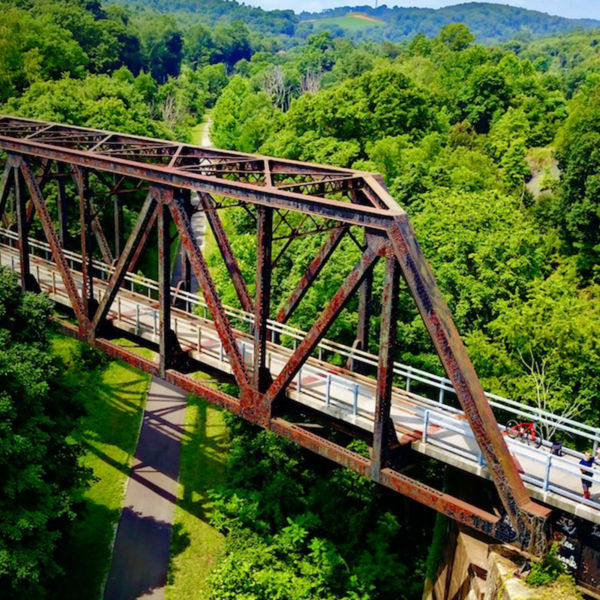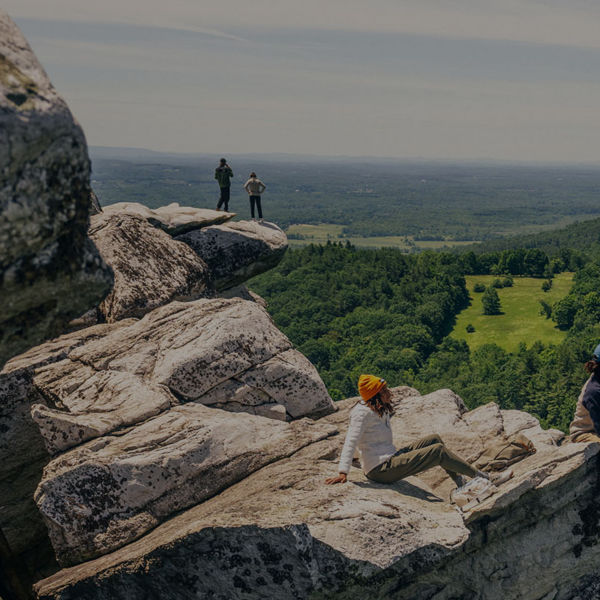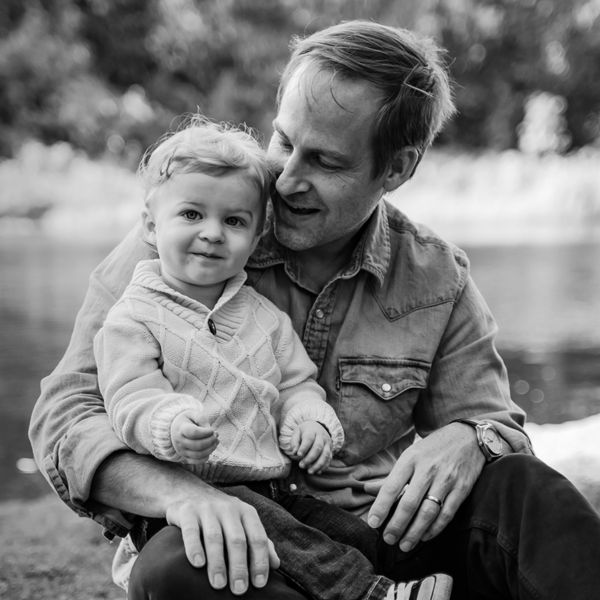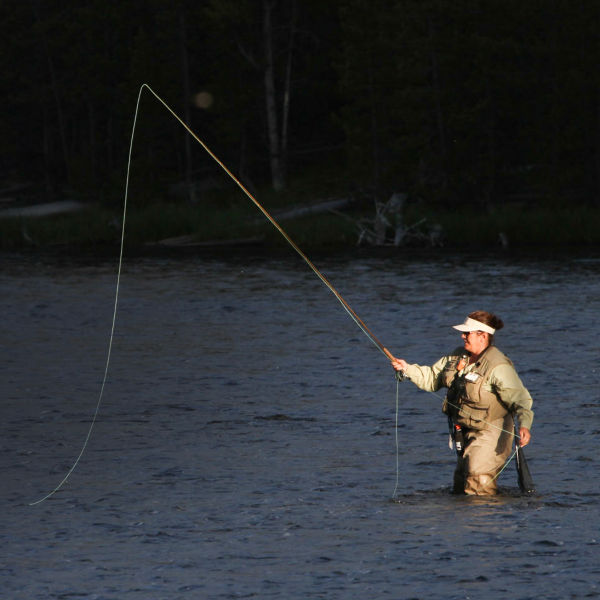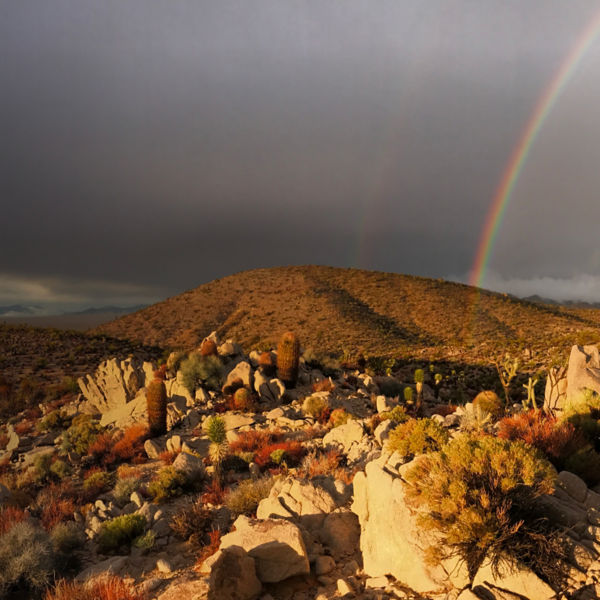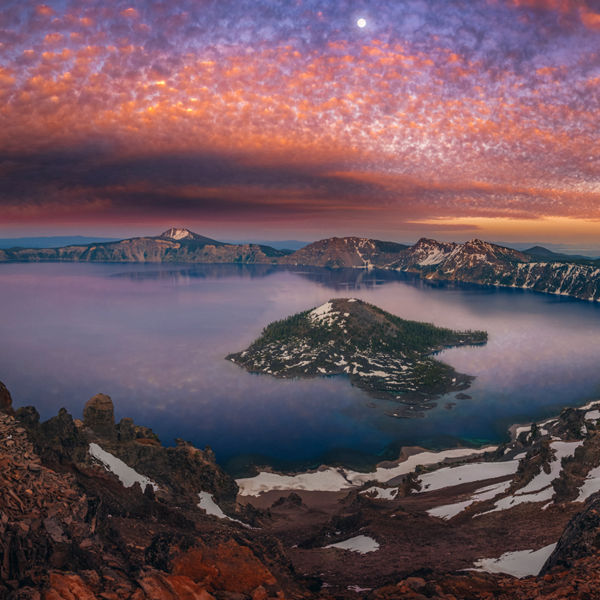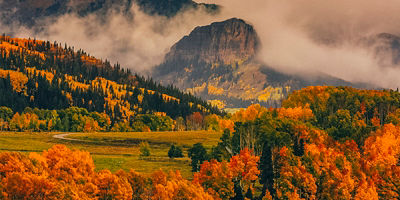
Maybe it’s their roots in Alaska. The band Portugal. The Man, whose hit single “Feel It Still” won a Grammy Award in 2017, has a special connection to the outdoors. Frequent escapes into the natural world—camping between gigs and sneaking out for fishing trips via packraft—manifest in their music as well as their work to create a larger movement beyond it. They recently formed the PTM Foundation to help protect our planet’s precious places and the people who grew up using those lands.
The nonprofit supports Indigenous communities, mental health, environmental issues, and disability and human rights by donating concert proceeds to grassroots organizations devoted to these causes. The foundation also fosters community involvement, advocacy, and philanthropy through a grant program, all in an effort to make the world a better place. The Native American Music Awards and the National Congress of American Indians certainly noticed the activism, honoring the band with a 2019 Legend Award and a Public Sector Leadership Award, respectively.
Public Lands caught up with band co-founders and frontmen John Gourley and Zach Carothers after a pair of September shows in Pennsylvania (including the Public Lands grand opening of the store in Cranberry Township, outside of Pittsburgh) to hear more about how they sustain these complimentary outdoor, creative, and humanitarian interests.
PUBLIC LANDS: What was the inspiration for the PTM Foundation?
JOHN GOURLEY: It started with land acknowledgements. We wanted to give some visibility to Native and Indigenous communities, which morphed into the foundation. From growing up in Alaska, you understand that if you're on the coast and you need to survive, you're talking to Tlingit people. If you’re up north, it’s Inuit. If you’re in the central areas, it’s the Athabascan language group. We needed these people to survive in the outdoors and do the things we enjoy doing today, and that's been lost in the last hundred years. We wouldn't know how to grow corn if it wasn’t for these folks, we wouldn't know our relationship with these lands. So the foundation is about bringing back some of that knowledge.
ZACH CAROTHERS: The foundation helps support anything that hits close to home for us and aligns with our values. Among other things, it’s designed to elevate Indigenous voices and community resilience, but also help get youth back connected to land and protecting both water and our planet. So much can be learned through the teachings of Indigenous voices.
How did growing up in Alaska help?
JG: Alaska was the last stop for colonialism. The damage is so surface-level there. You can still see the cuts and the wounds—they’re not even scars yet. And it was growing up around the idea of subsistence, which is taking what you need to survive from the earth, not the grocery store. That’s still how a lot of these communities live.
ZC: As with most Alaskans, when you want something done right you do it yourself. So, we started our own foundation to support the causes we believe in. We’d been wanting to do it for a long time, but we’re artists so it’s hard. We launched it right when COVID started. Since we weren’t doing any shows then to help support it, it taught us how to think outside the box with regards to fundraising and partnerships. We now have an amazing network of partners helping with it. We do a lot of benefit shows and work with a bunch of different nonprofits. We probably have 75 or so different projects in the works, some big and some small, all helping elevate awareness of these issues.

